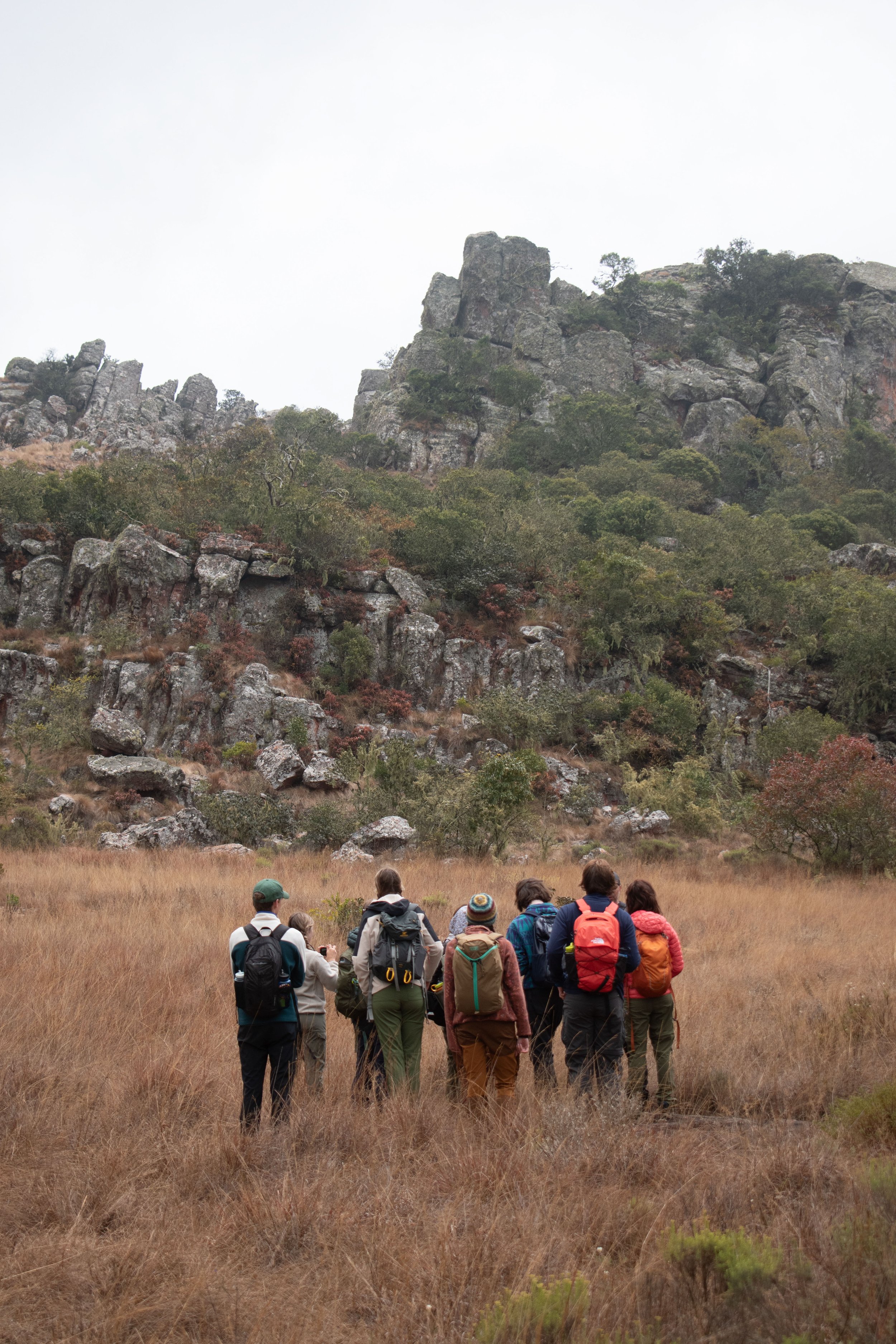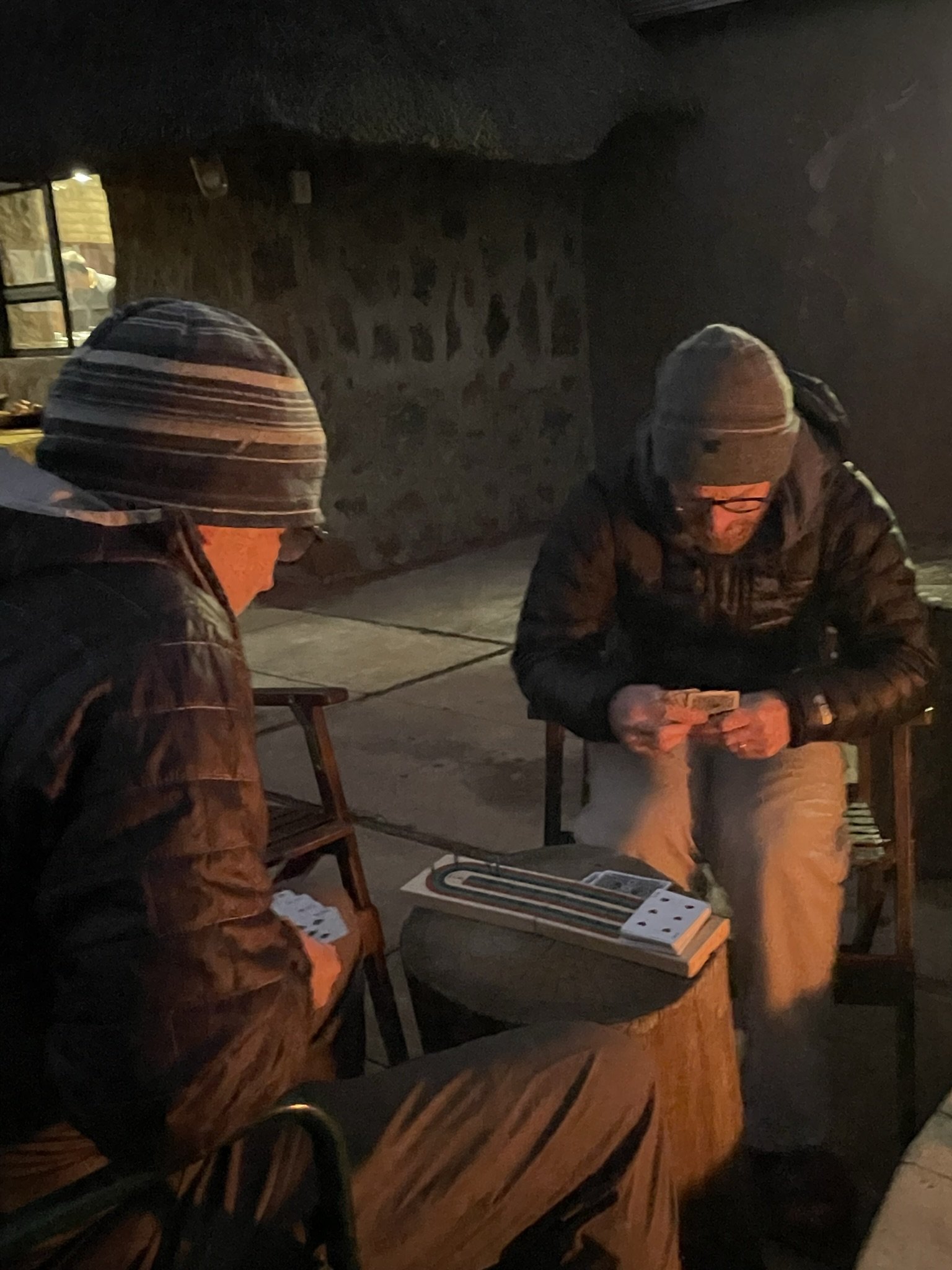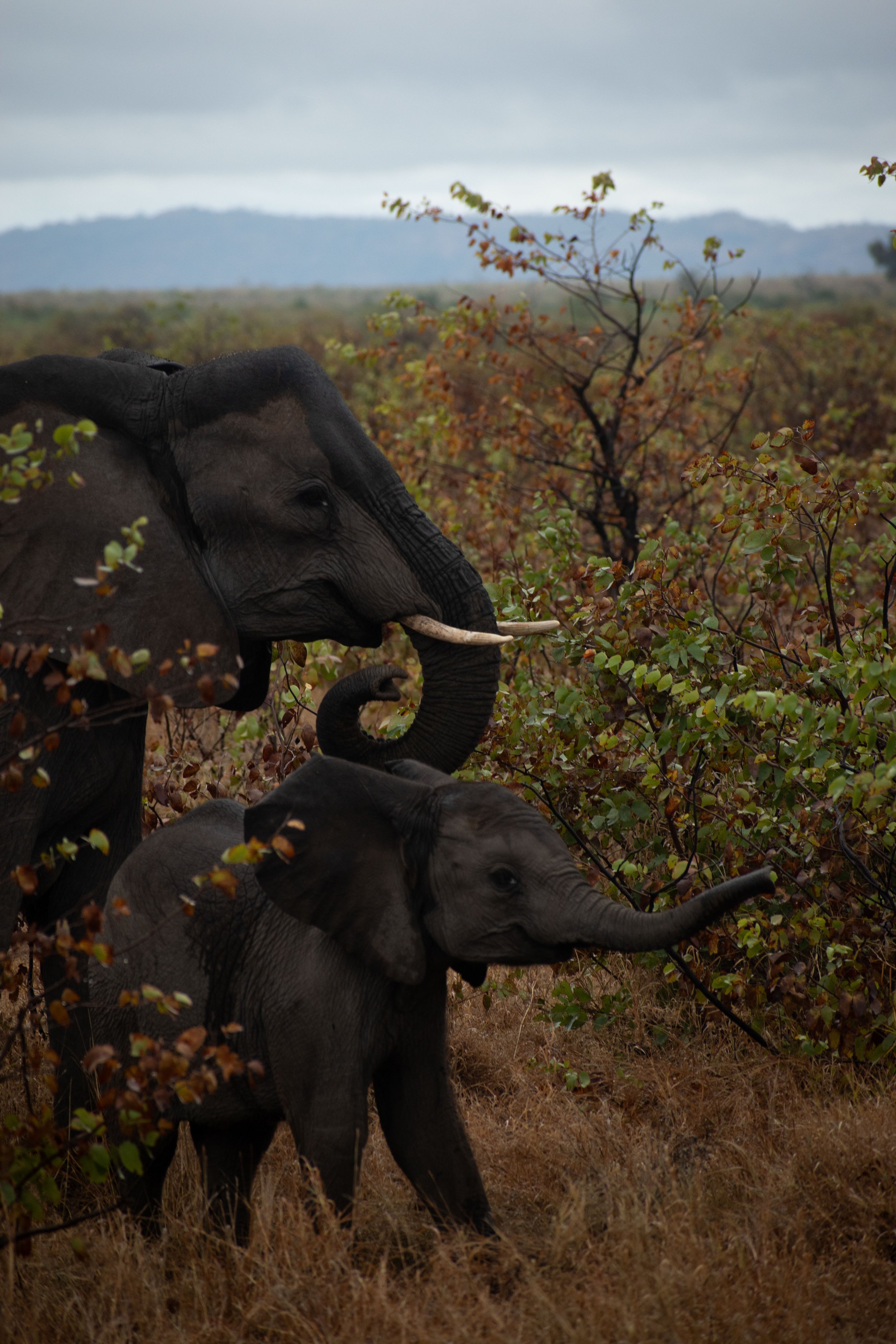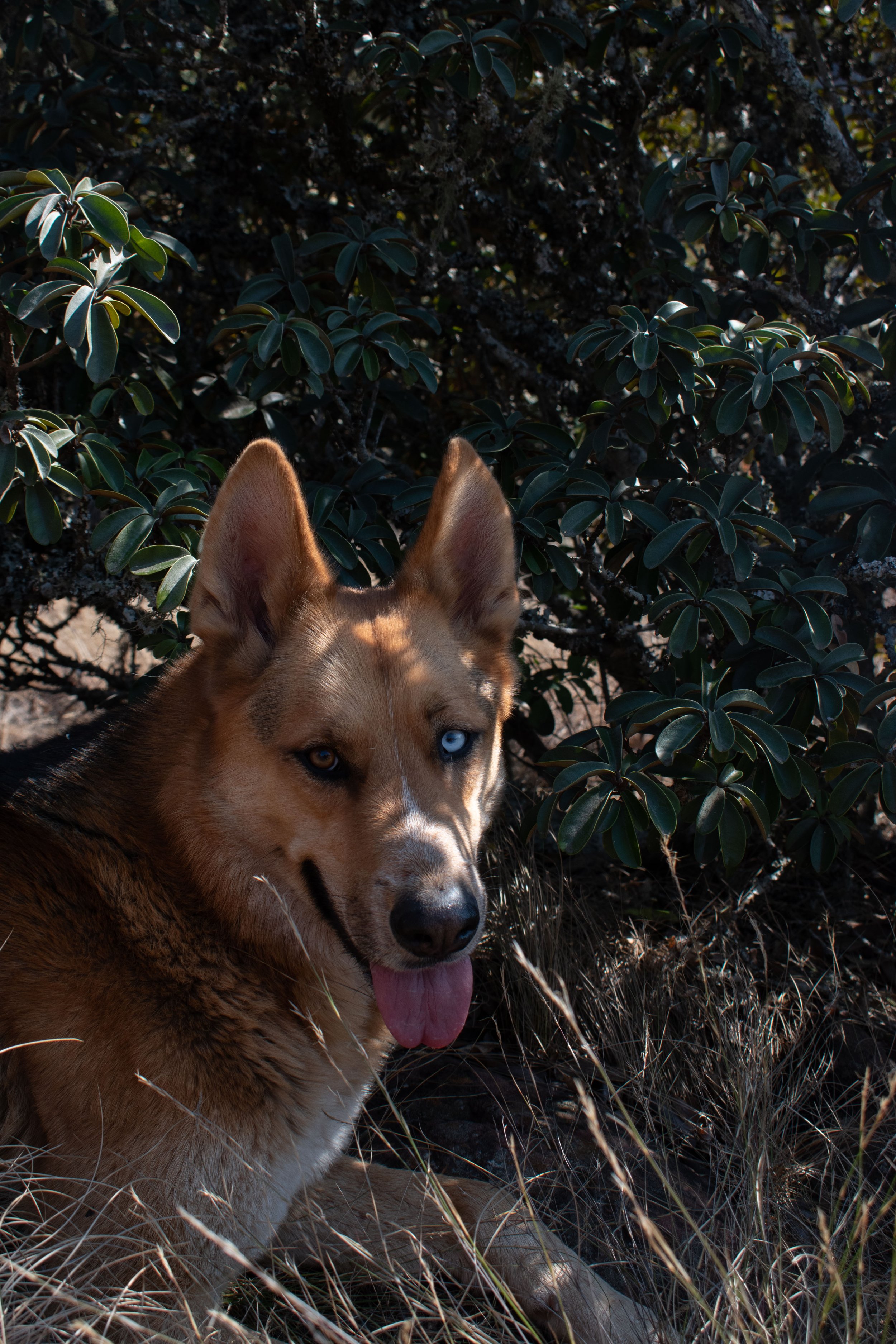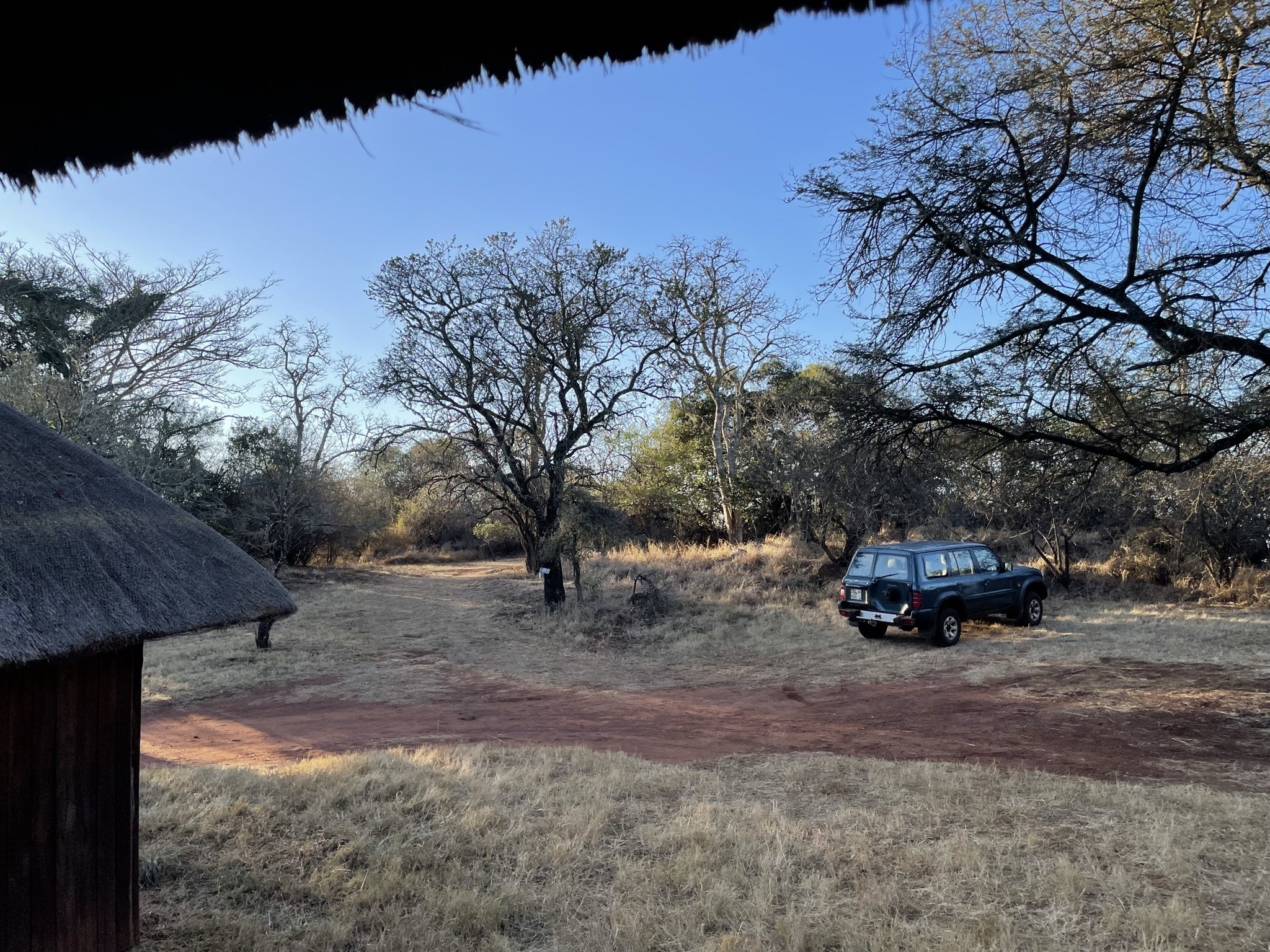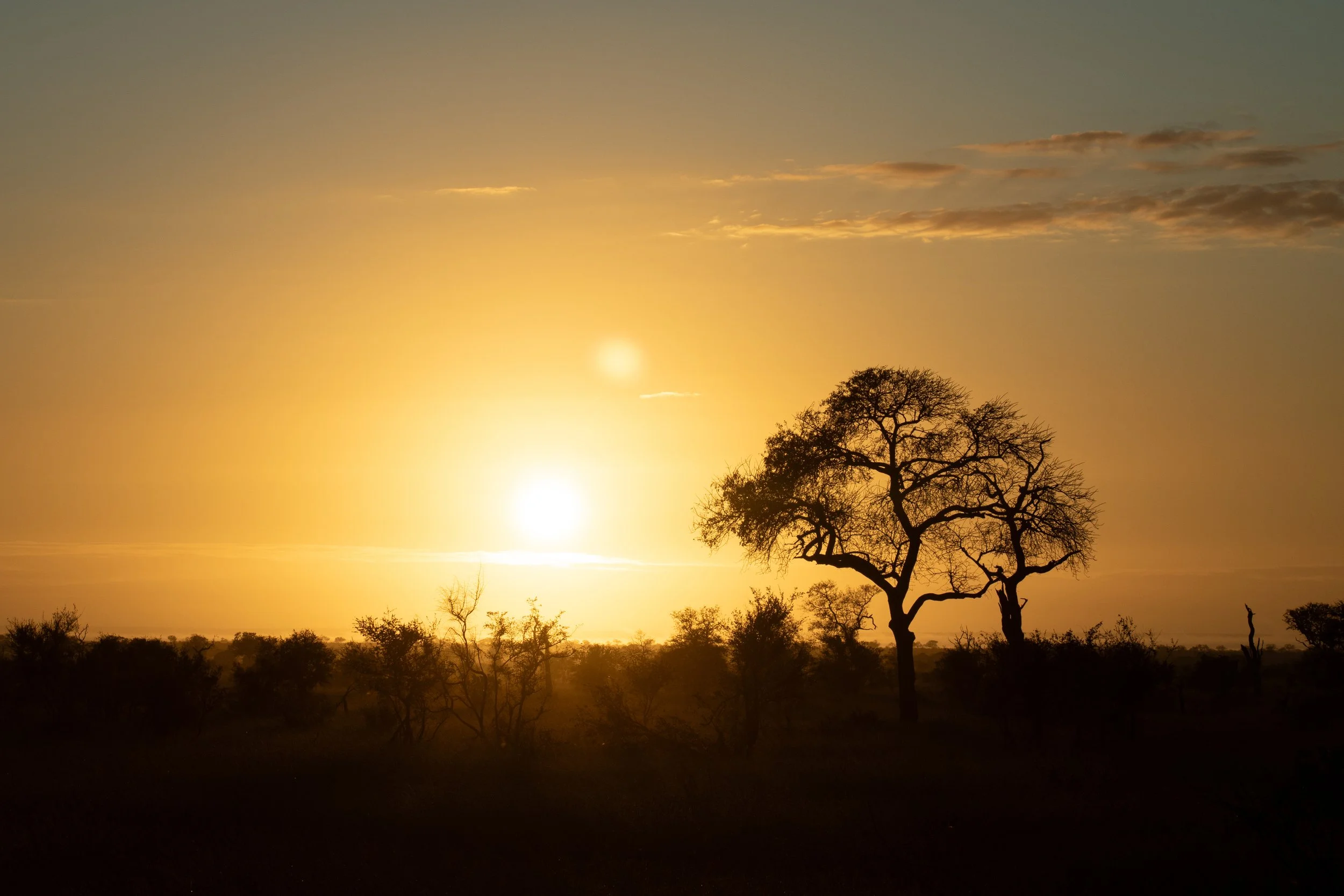
South Africa
Lajuma Research Center is a non-profit whose research is based in the Soutpansberg Mountains of South Africa. At Lajuma, students focus on biodiversity monitoring, assessing human-carnivore conflict, and evaluating human-primate conflict. Students work in groups to actively become a part of the research participating in camera trap research, animal tracking, diet analysis, primate behavior studies, and community outreach and education.
Our primate research involves working with habituated groups of baboons, vervets, and samango monkeys. For example, students may help with behavioral observations, particularly on samangos. Occasionally, we use VHF (very high frequency) radio collars to track monkeys new to our study to aid their habituation. Students also help collect data on the food plants available to the monkeys as a part of our monthly phenology (the timing of natural events, like flowering, fruiting, and leaf-shedding) surveys.
Students take part in camera trap research by downloading images from the traps, (which is done every two to four weeks), and then processing these images at the research station. First, we sort the pictures from each camera by species, then identify individual leopards and brown hyenas when possible on the basis of distinct fur patterns and spots.
At Lajuma, researchers work with vets to place GPS telemetry collars onto leopards, brown hyenas, and baboons, for animal tracking research. These collars precisely record the location of animals at regular intervals, information that we can download with a UHF (ultra-high frequency) receiver. Students may assist with locating animals using a VHF receiver in order to download the data.
In diet analysis, students help collect and analyze fecal samples to determine the composition of the diet of leopards and brown hyenas. Students also help survey sites of possible leopard and hyena kills, which we can detect from clusters of GPS points transmitted by the radio collars.
Throughout this experience, students have the opportunity to meet passionate and hospitable community members, both passing along and gaining knowledge from them. This exchange fosters a mutual understanding that collective efforts, from various cultures and backgrounds, can join forces to face global environmental issues.
All the huts lay near the communal dining hall and firepit where students can enjoy their downtime playing cards or journaling. Everyone gets their breakfast, lunch, and dinner here, although lunch is often eaten in the field. This is also where guest speakers will come to give presentations, and where everyone meets before starting the day’s research.
Each day’s agenda will never be quite the same, but generally, students will have an activity in the morning, a break for lunch, and an activity in the afternoon. Activities include introductory hikes, camera trapping, vegetation plots, phenology data gathering, and much more. While at Lajuma, students can expect an average of 4-7 miles of hiking a day.
Students are always encouraged to go on the optional sunrise hikes that will happen 2-4 times every trip. In addition to their time at Lajuma, students get the opportunity to visit another location. That could be a rural village, a conservation-oriented game farm (right), or something else!
On their way out of South Africa, students spend a few days driving through Kruger National Park. Kruger is famous for its wildlife, from elephants to lions to rare birds. Not to mention the stunning views over the savanna. During this time, students sleep in cabins in the enclosed camps within the park. Each cabin is like a hotel room and usually holds 2 people.
Life at Lajuma
Accommodations at Lajuma take the form of thatched huts where students will spend the night in groups. Each hut has its own toilet, sink, and shower with hot water. Students stay in groups of 2 to 6 and sleep on cots. Towels, blankets, and pillows are all provided!
And there’s so much more.
Each trip brings something new, and there’s simply too much to put on one website. If you have any additional questions, feel free to contact us at info@lengau.org, or ask in person!
